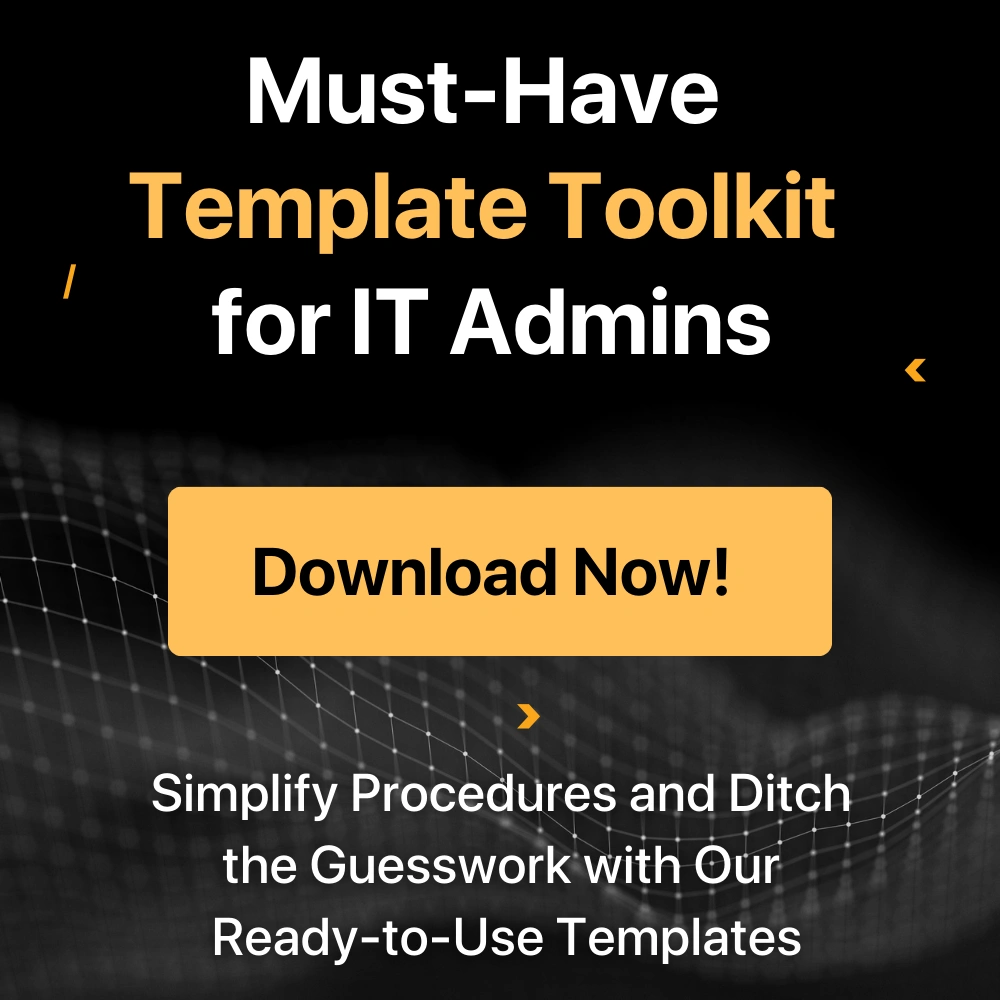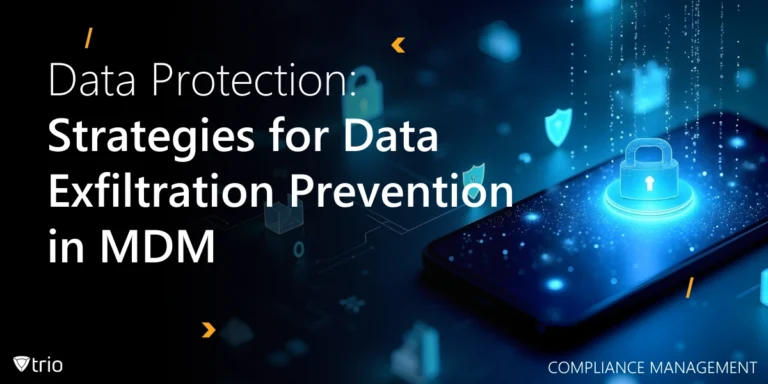Accurate employee data is crucial for the efficient functioning of any organization. It serves as the backbone for HR processes, from recruitment and onboarding to performance evaluations and payroll management. Precise data ensures compliance with legal requirements, supports strategic decision-making, and enhances employee satisfaction by streamlining administrative tasks.
However, protecting and manageing employee data comes with its set of challenges. These include ensuring data accuracy, maintaining data security, and complying with evolving data protection regulations. Overcoming these challenges requires a well-thought-out IT risk management strategy that encompasses defining data requirements, choosing the right tools, and implementing robust data management practices.
1- Define Your Data Requirements
Before learning how to protect sensitive data, it’s essential to identify what information is necessary. Key data fields typically include personal details, job titles, employment history, performance records, and compensation details. Understanding the specific needs of your organization will help in determining which data points are critical for your HR operations.
Additionally, staying informed about legal and compliance requirements is vital. Different jurisdictions have specific laws regarding data collection, storage, and usage. Ensuring your data practices align with these regulations will help avoid legal complications and protect your organization from potential fines and reputational damage.
2- Choose the Right Tools and Software
Selecting the appropriate tools and software for protecting employee sensitive data in the workplace is a crucial step. Modern HR software offers comprehensive solutions that streamline data entry, storage, and retrieval processes. When evaluating options, consider factors such as ease of use, scalability, integration capabilities, and customer support. Software can also help monitor employee data more efficiently. According to WifiTalents, “78% of companies reported that monitoring reduced security incidents.”
Integrating your data management systems can further enhance vulnerability management efficiency. For instance, linking HR software with payroll systems, time-tracking tools, and performance management platforms can create a seamless flow of information, reducing manual data entry and minimizing the risk of errors.

3- Standardize Data Entry Procedures
Creating consistent data entry guidelines is essential for maintaining data accuracy. Standardized procedures ensure that all necessary information is captured uniformly, making it easier to manage and analyze. This involves defining clear protocols for data collection, entry formats, and updating processes.
Training employees on data entry best practices is equally important for protecting personal information in the workplace. Providing comprehensive training sessions and reference materials can help employees understand the importance of accurate data entry and adhere to the established guidelines, thereby minimizing the chances of errors and inconsistencies.
4- Implement Robust Data Security Measures
Protecting sensitive employee information is a top priority for any organization. Implementing robust data security measures, such as encryption, access controls, and regular security audits, can prevent data breaches and unauthorized access. Ensuring that only authorized personnel have access to sensitive information is critical.
Compliance with data privacy regulations, such as GDPR or CCPA, is non-negotiable. Regularly reviewing and updating your data security policies to align with these regulations will help maintain compliance and protect your organization from legal repercussions. These also help maintain protected employee data safe from leaking into the hands of hackers.
5- Establish Data Maintenance Protocols
Regularly updating employee data is crucial for maintaining its accuracy and relevance. Establish protocols for periodic reviews and updates to ensure that changes in employee status, such as promotions, transfers, or terminations, are promptly recorded.
Conducting periodic data audits can help identify and rectify discrepancies. Audits involve reviewing the data for accuracy, completeness, and consistency, ensuring that any errors are corrected, and outdated information is removed.
6- Ensure Data Accessibility and Usability
Making employee data accessible to authorized personnel is essential for efficient HR operations. Utilizing user-friendly data management interfaces can enhance usability, ensuring that HR teams can easily access and work with the data they need. But HR teams should be trained on handling sensitive data of employees and on how to be professional.
Data accessibility should be balanced with security considerations. Implementing role-based access controls ensures that sensitive information is only available to those who need it, ensuring employee data protection and maintaining data integrity.
Conclusion
Continuous improvement in data management practices is vital for long-term success. Regularly reviewing and updating your data management strategies can help address emerging challenges and capitalize on new opportunities. Encouraging a culture of data accuracy and integrity within your organization ensures that everyone understands the importance of maintaining high-quality data
Mobile Device Management (MDM) solutions, such as Trio, can play a crucial role in enhancing employee data management. Trio’s MDM solution offers comprehensive features like remote device management, data encryption, and compliance monitoring, making it an invaluable tool for maintaining data security and integrity. Sign up for a free demo today and experience the benefits of a robust MDM solution firsthand.
Get Ahead of the Curve
Every organization today needs a solution to automate time-consuming tasks and strengthen security.
Without the right tools, manual processes drain resources and leave gaps in protection. Trio MDM is designed to solve this problem, automating key tasks, boosting security, and ensuring compliance with ease.
Don't let inefficiencies hold you back. Learn how Trio MDM can revolutionize your IT operations or request a free trial today!
![[6 Essential Tips] How to Protect Employee Data](https://www.trio.so/blog/wp-content/uploads/2024/06/how-to-protect-employee-data.webp)



